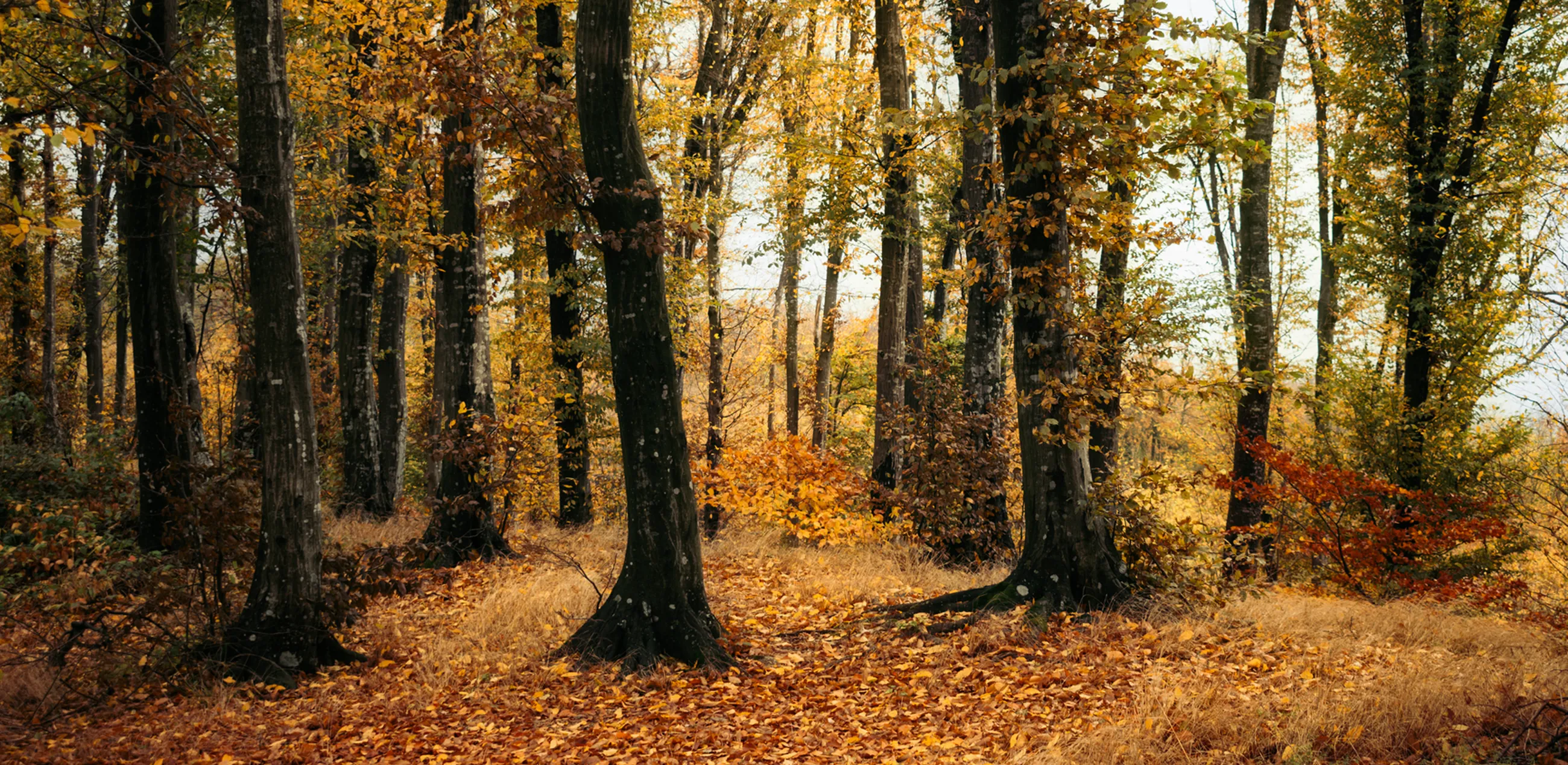You might have seen the BBC’s article this week about mass corporate tree planting projects causing damage to nature.
These are projects where companies are buying up family farms in Wales with the aim of planting large numbers of trees to offset their emissions.
While on the surface, planting trees might not sound like a huge problem, the real issue here is HOW these projects are undertaken.
Those described in the BBC article were creating large monoculture (single species) woodlands, often using non-native trees or trees not suitable for the land they are being planted on, plant on otherwise valuable habitat for wildlife, and then used for corporate PR, without recognition of the need to change other business practices.
This is very different to what we aim to do through Co-forest – read on to find out more about our approach and how it places nature at the forefront.
Trees are not always ‘good’
There are many types of habitat that are valuable to wildlife, of which woodlands are just one. In our nation’s rush to plant trees to sequester carbon, it is really important that we don’t plant them in the wrong places doing more damage than good. Trees planted on peat bogs, for example, can lead to the release of carbon into the atmosphere, therefore undoing any good achieved from carbon sequestered as the trees grow. Likewise, trees planted on other valuable wildlife habitats such as some wetlands or grasslands can displace the species that live in these areas, and result in a loss of biodiversity. At Co-forest we have gone to great lengths to get professional conservation surveys done before choosing which land to plant trees on – our goal is to increase biodiversity, not to damage it.
The problem with monocultures
When you plant a single species of tree, a monoculture, you reduce the number of species that will find an area habitable, and you put the wellbeing of the woodland at risk. A single-species woodland could be lost in one fell swoop if disease hits it – for example, woodlands that are comprised of only ash are currently in peril as ash dieback sweeps across the country. Planting non-native trees can also be a challenge for biodiversity, with many exotic species not being suitable to support the variety of wildlife we would like to see in a British woodland. At Co-forest we are planting a wide variety of native species, selected to suit the local area and with a mix of planted and open spaces to support birds, butterflies, insects and more.
The problem with carbon offsetting
Most companies initially approach Co-forest to talk about offsetting carbon from their business. However, we are passionate that carbon offsetting should never be used as an alternative to examining and changing business practices to reduce carbon emissions at the source. By the time they invest in Co-forest, most of our donors are doing so because they buy into the need for more protected space for nature here in Britain and more access for people to wild spaces for their health and wellbeing. They also usually undertake a range of other activities, from examining their banking and supply chains to reducing staff commutes and office energy use as part of their low-carbon journey.
If you work for a company that is thinking about investing in tree planting, we would love to hear from you. There are GOOD ways to invest in the future biodiversity and green space of our country, ways that will give back to local communities and contribute to climate change mitigation and biodiversity conservation.
At Co-forest we work with qualified forestry and biodiversity professionals, with conservationists, with strategic bodies such as the Forest of Avon Trust, and with you – our donor companies – to ensure that when we plant trees we do so in a way that is responsible and sustainable.
We always love to get your questions – if you want to know anything about our projects please do get in touch, or comment below – we love to hear from you!
